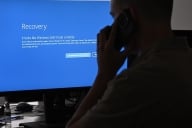You have /5 articles left.
Sign up for a free account or log in.
<
Want articles like this sent straight to your inbox?
Subscribe to a Newsletter







